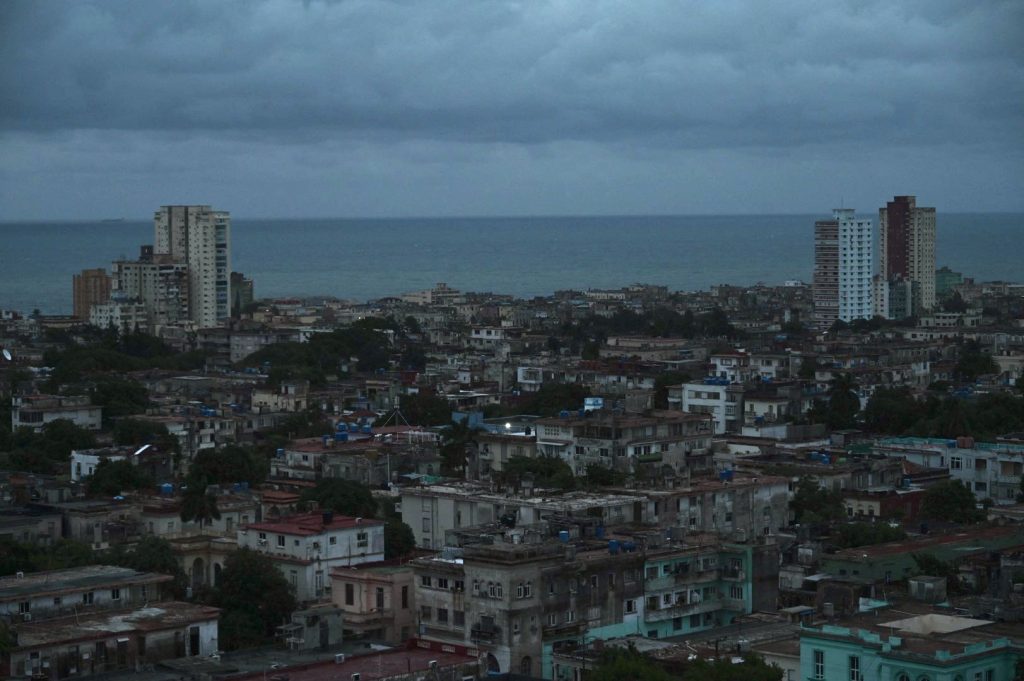Cuba experienced a nationwide blackout on Friday following the failure of its main energy plant, leaving 10 million people without power. The energy ministry announced on social media that the power grid collapsed around 15:00 GMT on Friday.
Officials responsible for the grid stated they were uncertain about the duration required to restore power.
After enduring months of prolonged blackouts, the prime minister declared an “energy emergency” on Thursday. President Miguel Díaz-Canel Bermúdez stressed that addressing the situation was his “absolute priority.”
The complete blackout on Friday occurred when the largest power plant on the island, the Antonio Guiteras power plant in Matanzas, went offline.

Earlier on Friday, authorities announced the closure of all schools and non-essential activities, including nightclubs, until Monday. Non-essential workers were encouraged to stay at home to preserve the electricity supply, and non-vital government services were suspended.
In a televised address on Thursday, Prime Minister Manuel Marrero attributed the electricity failures to deteriorating infrastructure, fuel shortages, and increasing demand.
Extended blackouts, especially those affecting a large area, always create tension in Cuba. This is partly because maintaining electricity represents a potential threat to public order for the Cuban government.
In July 2021, widespread protests erupted in many parts of the country due to days-long blackouts. The government has become increasingly aware that many citizens no longer fear speaking out about their daily challenges.
In March, a rare public protest took place in Cuba’s second-largest city, Santiago, over chronic power outages and food shortages.


